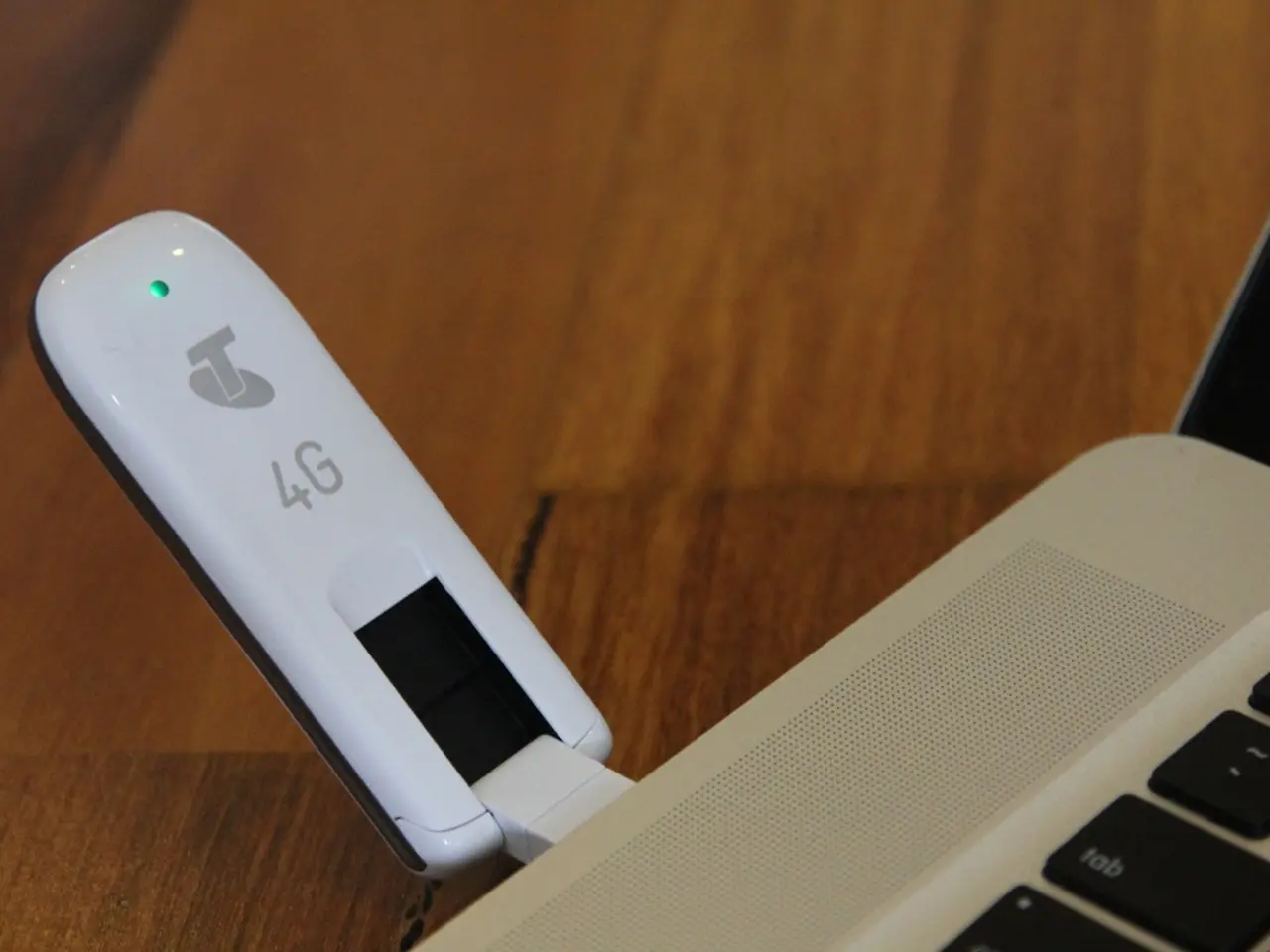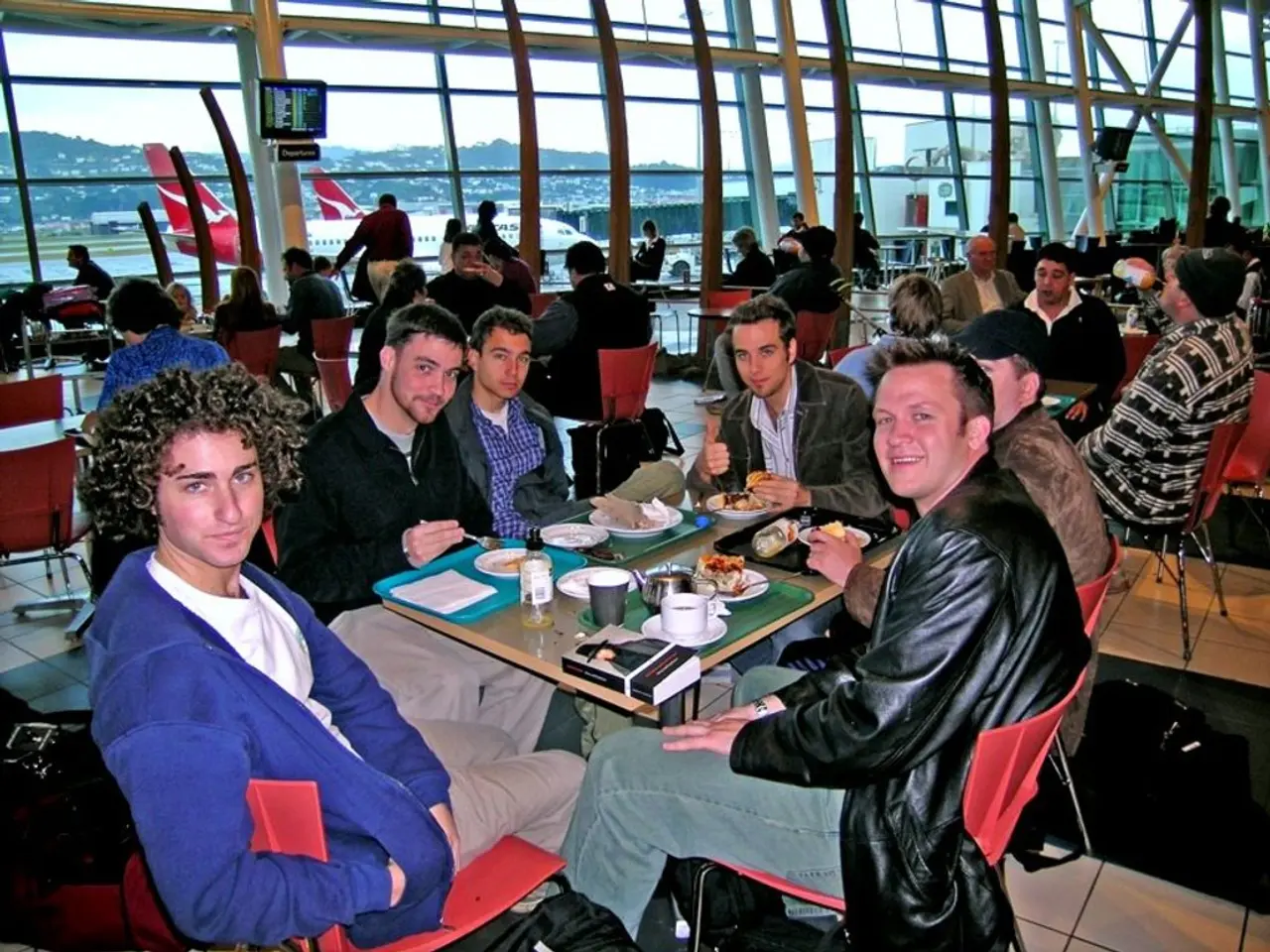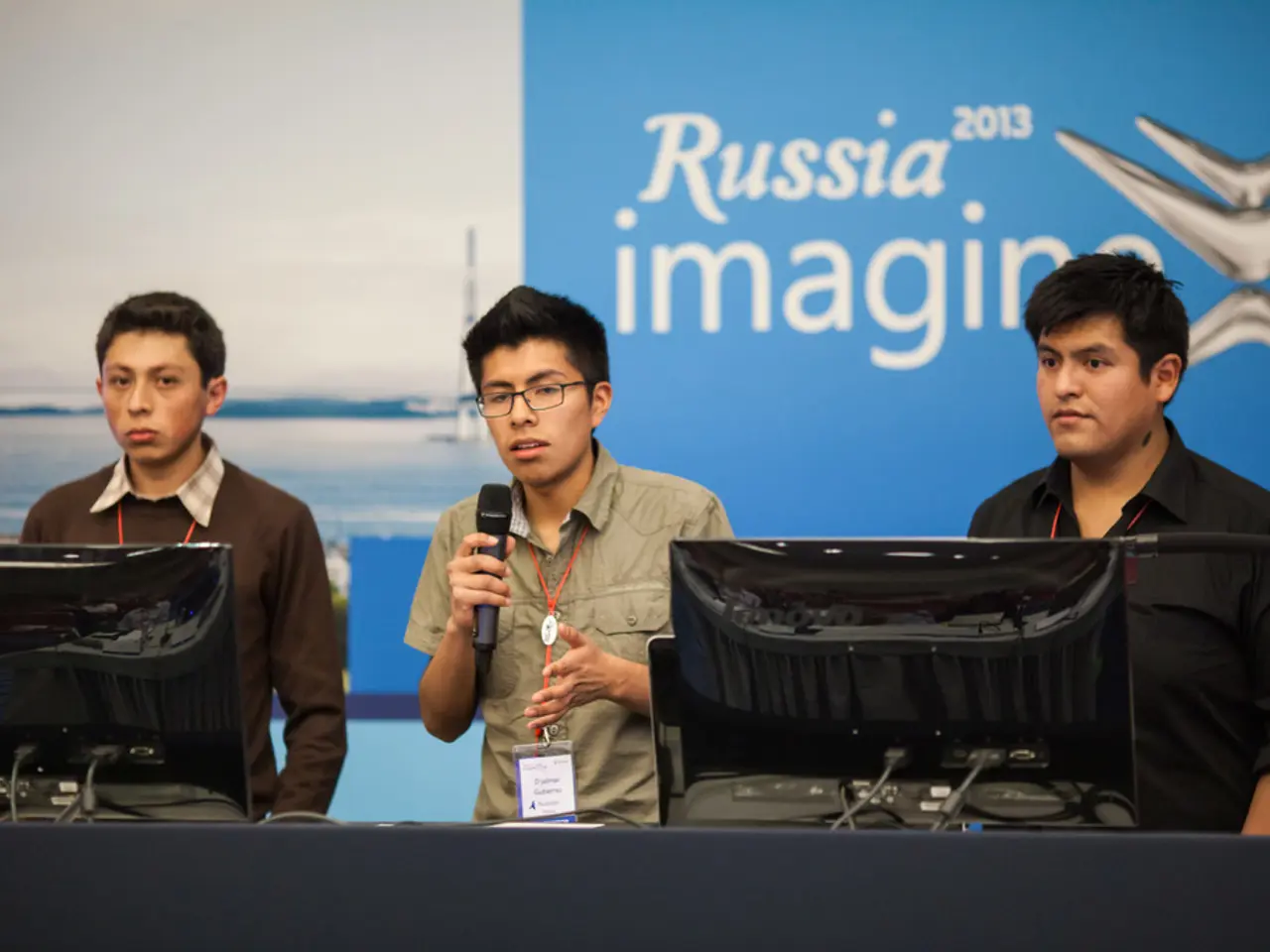World Bank intends to reinstate activities in Syria, citing improved security conditions and potential for development assistance.
Let's get down to business! The World Bank, after a long hiatus of 14 years, is all set to dive back into Syria's troubled waters. The triggers? Well, it seems Saudi Arabia and Qatar have stepped up to clear Syria's outstanding debts worth approximately $15.5 million (€14 million). This financial foot-in-the-door from Saudi Arabia and Qatar has played a significant role in opening the gates for the World Bank to restart its operations in the war-ravaged country.
In a statement released on Friday, the World Bank announced that their first project with the Syrian Government will specifically target improving the electrical supply, a move that is much-needed in Syria, where decades of conflict have left the infrastructure in shambles. The World Bank aims to tackle the urgent needs of the country and invest in long-term development with these new ventures. They also stated that these efforts are geared towards stabilizing not just the country, but the entire region.
The World Bank initially halted its activities in Syria way back in 2011 when the civil war kicked off. However, recent developments have seen the rise of stability, with the fall of long-time ruler Bashar al-Assad to the Islamist HTS militia and its allies. This, coupled with the re-establishment of relations between Western states and Damascus, has opened the door for international aid organizations to return.
Even the US has played its part, with President Donald Trump announcing the lifting of US sanctions against Syria on Tuesday. This move is expected to help boost Syria's economy, financial sector, and infrastructure, potentially setting the country on a path towards a brighter, more prosperous future.
Sticking with the energy sector, Syria has already secured a $186 million loan from the World Bank for energy and electricity projects, scheduled for 2025. The World Bank is hoping to secure an additional $300 million for similar projects by 2026. These ventures are aimed at addressing Syria's troublesome electricity shortages, which have only worsened due to years of conflict and infrastructure damage.
However, it's not all smooth sailing. International sanctions, particularly those imposed by the US and Europe, still present a significant challenge for Syria's economic recovery. That said, there have been signs of easing restrictions related to the energy and transport sectors, which could pave the way for future development projects.
Last but not least, Saudi Arabia and Qatar have urged other international and regional financial institutions to join them in resuming and extending their development efforts in Syria. After all, it takes a village to raise a Syria.
[1] ntv.de[2] AFP[3] dw.com[4] Reuters[5] Gulf News
- As the World Bank resumes its operations in Syria, discussions regarding community policy and general-news announcements are likely to emerge, focusing on the enhancements made to Syria's business, politics, and employment sectors, as well as the stipulations involved in aforementioned sectors' financing.
- Given the significant financial contributions by Saudi Arabia and Qatar, subsequent employment policy reforms in Syria could potentially open opportunities for businesses, allowing for the rebuilding of the shattered infrastructure and, consequently, promoting long-term development and stability in the region.




